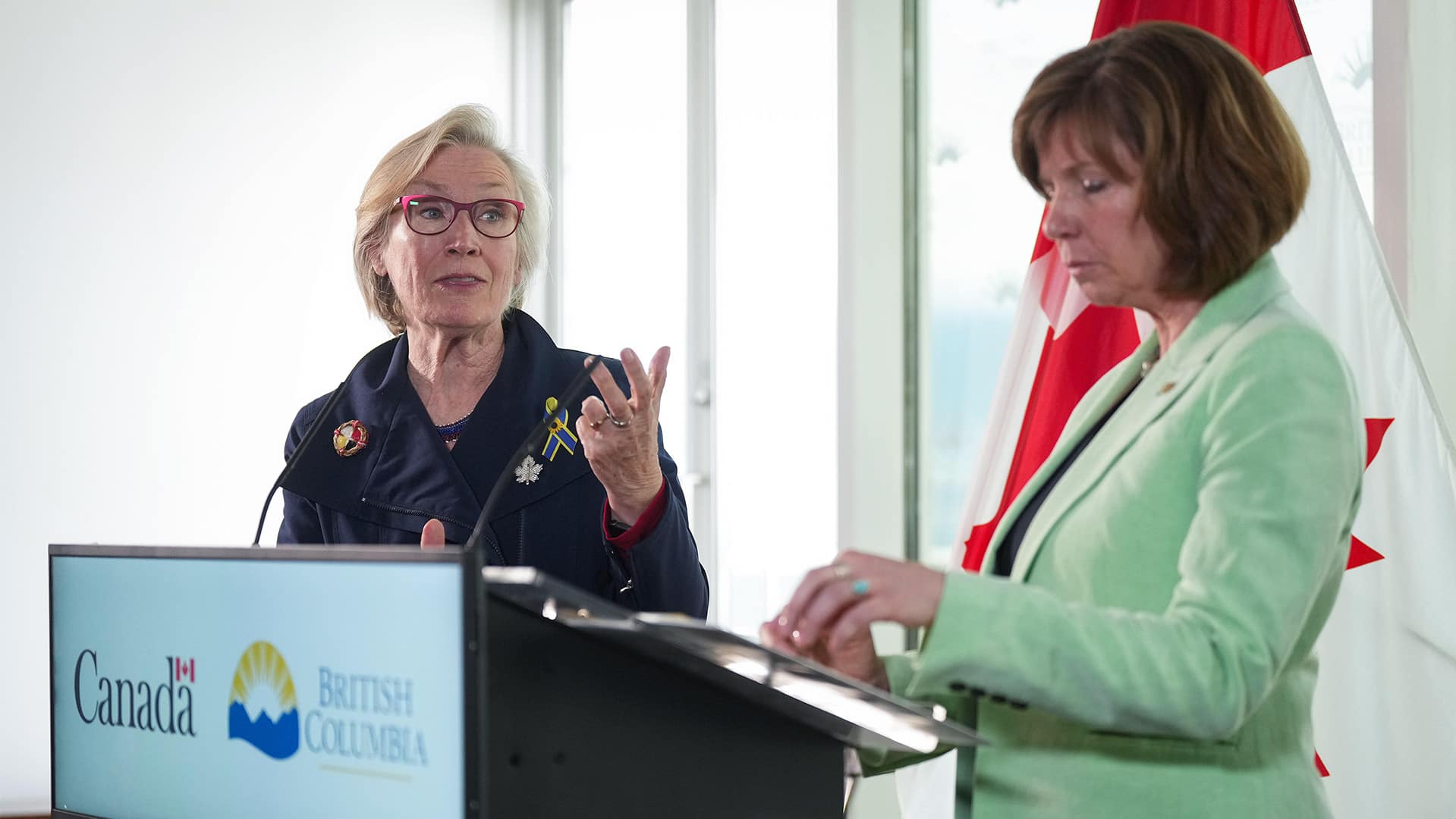Opioid analgesics are not always beneficial, and sometimes harmful, as patients recover from mild surgery, according to a new study led by scientists at McGill University. Not always.
This study examines the results of 47 randomized clinical trials in patients discharged after undergoing mild or moderate treatment, from molar extraction to foot surgery. Did.
Dr. Julio Fiore, an assistant professor of Magill studying postoperative recovery, said that the prescribed opioids have a further effect on the subsequent pain. A minor operation than over-the-counter painkillers that his team said they found not to give.
At the same time, this study found that side effects such as nausea, vomiting, and constipation were significantly increased.
Fiore found that avoiding the prescription of opioid analgesics often improves the patient's recovery experience while at the same time a well-documented risk of opioid addiction. He said it suggests that it can be mitigated.

"We really hope that these findings will facilitate changes in prescribing practices," Fiore said in an interview.
"After all, like after discharge, like the prescription of opioids, our study does not seem to be as beneficial to patients as previously believed. "
Fiore said further research, including prescribing major postoperative opioids, is needed to determine best practices.
Of the studies investigated, 30 were minor procedures (mostly dentistry) and 17 were procedures of a milder nature, such as shoulders and feet.
According to researchers, among the opioids most commonly prescribed by surgeons are oxycodone, hydromorphone, tramadol, and codeine.
Prescription opioids Country-specific
Opioid analgesic prescriptions vary widely from country to country, and studies show that Canadian doctors have more than European doctors. I'm prescribing opioids, but it's not. As much as a doctor in the United States.
One2019 studyExamining postoperative prescriptions, Almost half of US patients receive high-dose opioid prescriptions after specific surgery I found out that I had received it. Twice as much as Canada and nine times as much as Sweden.
Dr. David Jullink, Head of Clinical Pharmacology at the Sunnybrook Health Science Center in Toronto and not involved in the study, said that many Canadian doctors and dentists still use opioid analgesics. He said he was on the pedestal.
He stated that this study was based on his previous studies and his own experience as a practitioner.
"The important message is that these medicines are still worth it. They are certainly worth it in the hospital," Juurlink said, but doctors and dentists said, "These You need to be aware of the fact that this medicine is not. " It works as we were taught and is not as secure as we were taught. And, very often, patients can work without it.
Watch | Dramatic changes in Canada's drug policy:

B.C. Possession is non-criminal. From next year
Last week, Ottawa and the state government settled $ 150 million with Purdue Pharma of Canada on the recovery of medical costs related to the sale and marketing of opioid-based analgesics. Has been reached.
Authorities contributed to by disregarding the risks of medicines when promoting to doctors, especially with regard to potential addiction, by Purdue Pharma, the manufacturer of OxyContin. Claimed to have done. Opioid In crisis.
Implementation of Guidelines
Dr. Hansklark, anesthesiologist and medical director of the Pain Research Unit at the Toronto General Hospital, also welcomed the findings. However, he emphasized that , doctors are already better equipped than they were 10 years ago to decide when to prescribe opioids.
In 2020, he helped createguidelines for doctors. Prescription.

Clark said opioid analgesics can still play an important role in recovery and pain management, especially in some patients after major surgery. Said.
He is also directly between the prescription of opioid analgesics and the current crisis of overdosein many Canadian communities. I warned against drawing a relevance. Toxic supply of illegal drugs.
"I think I've come to understand that the opioid crisis isn't the result of perioperative opioid prescriptions, but I can certainly do better," he said.
"One of the things we can do is to understand which types of surgery require the right amount of opioids and which types of surgery do not, no opioids needed at all. Maybe. "


